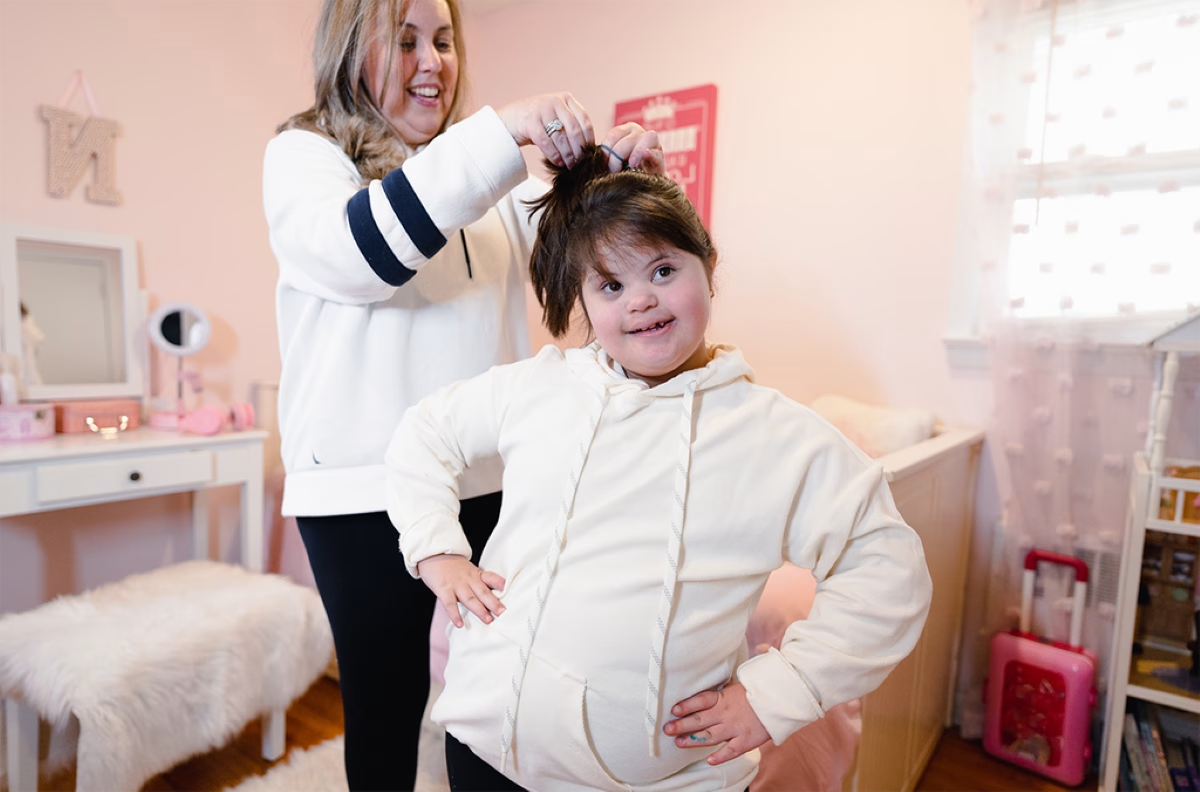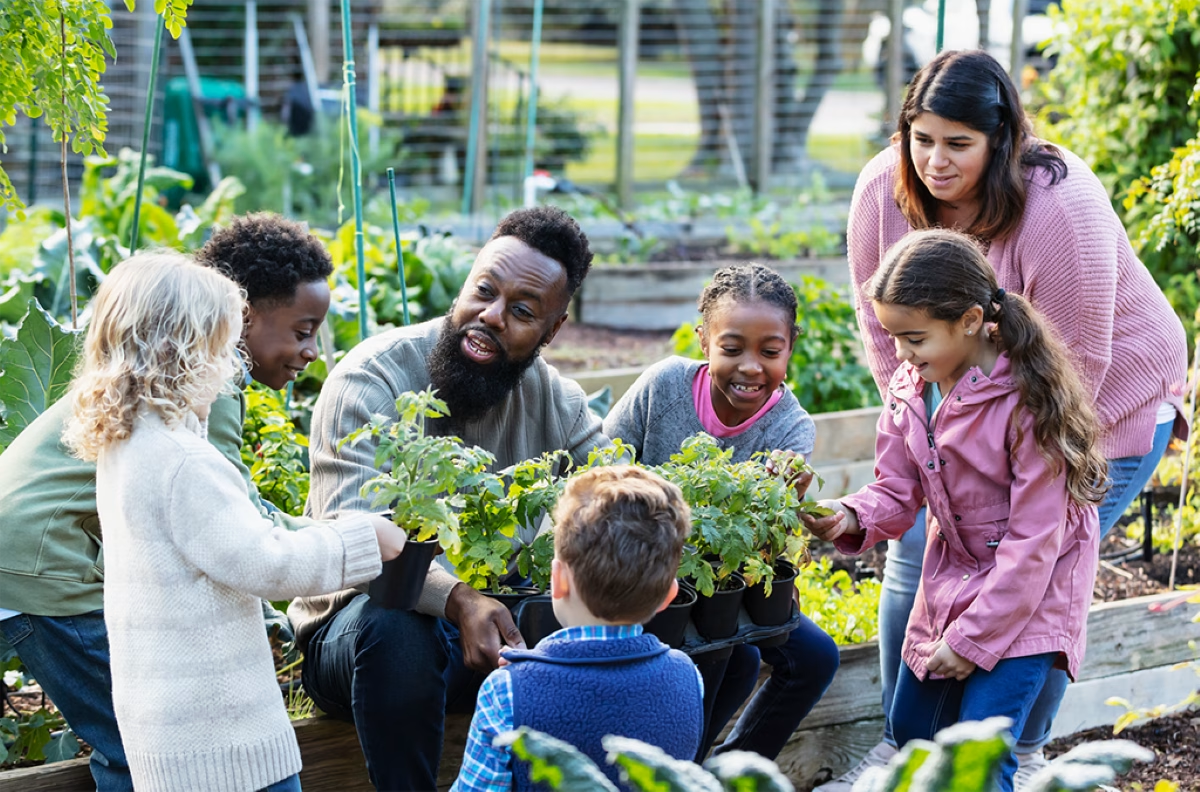Putting Money in People’s Hands
For people like Marico Barnett, the emergency vouchers have been a godsend. Three of Barnett’s four adult children lost their jobs during the pandemic; one of them has a three-year-old daughter. On top of that, Barnett learned that she needed to undergo major surgery.
The grocery vouchers enabled her to help her family while stocking up on necessities—including food, household items and cleaning supplies—in preparation for her surgery.
“Those vouchers were unexpected, and they really helped a lot,” Barnett said.
According to Jen Moss, who co-chairs the Community Advisory Board with Thompson, the redemption rate for the emergency vouchers is about 93%. “That’s pretty impressive,” she said. “That means money is getting into people’s hands, and they are using it.”
Boosting Food Assistance During an Emergency
Seattle’s 1.75-cents-per-ounce tax took effect in 2018. During its first year, the tax raised nearly $23 million—significantly more than the projected $15 million—to help expand access to healthy foods and education initiatives aimed at reducing health disparities.
The beverage industry opposed Seattle’s tax from the moment it was introduced—and when it was enacted, industry poured $20 million into a push for a statewide ballot initiative that now blocks other Washington municipalities from enacting sugary drink taxes.
But Seattle’s example shows the good that can come when communities have the ability to make their own decisions on how best to protect the health and well-being of their residents. Revenue from the sugary drink tax is being used to help those who have been hurt most by the pandemic—people who have been laid off or whose hours have been cut and are struggling to feed their families.
“Seattle’s sugary drink tax is designed to improve community health, but during the COVID-19 crisis it also provided a critical lifeline for many Seattle families,” said Lindsay Hovind, government relations regional lead for the American Heart Association in Seattle.


